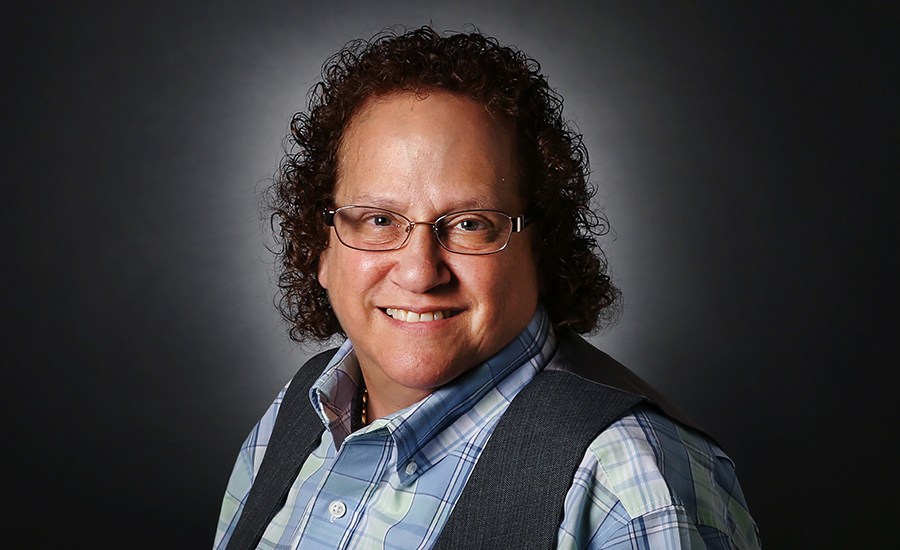With the warmer months upon us, it’s time to talk about the pool. The Southern Nevada Health District has some tips for homeowners associations on pool maintenance and safety this summer.
Barbara Holland

Barbara Holland is a certified property manager, broker and supervisory certified association manager. Questions may be sent to holland744o@gmail.com.
Until the legislature changes Nevada Revised Statutes 116.355, if your association does not have any rental cap, your association would not be able to restrict investors from purchasing homes within your association for the purpose of leasing them. One footnote, this law will never change unless homeowners and boards start lobbying to modify it.
Editor’s note: This column first appeared in the Community Interests, a publication for Community Associations Institute, Nevada chapter.
Nevada Revised Statutes 115, homestead laws, protects the equity in your home up to $550,000 from general creditor claims, such as unpaid medical bills, bankruptcy, charge card debts, business/personal loans and accidents but would not preclude a seizure or forced sale of your residence from general creditors if your equity exceeds the $555,000.
If you can provide documentation from his doctor that the pit bull is a support animal, the association would have to allow for a variance. You would have to abide by all of the rules and regulations pertaining to dogs, as the association would have the right to take action against the homeowner if there were major infractions.
These short-term rentals, vacation rentals and Airbnb rentals will continue to plague association boards and their resident homeowners. Until the law changes, or until there are court cases here in Nevada pertaining to these various short-term rentals, your association will need to look at its own governing documents.
Please note that an audit is not the same as a forensic audit. A forensic audit is an examination and evaluation of an association’s financial information, generally conducted in order to prosecute a party for fraud, embezzlement or other financial claims, such as a conflict of interest, bribery and extortion or the misstatements of the financial reports.
Depending upon the association’s covenants, conditions and restrictions, yes; the association could require a homeowner in a condominium to obtain additional insurance. The CCRs would probably not specifically name a type of policy, such as the HO-6 policy, which is a supplement insurance policy to the association’s primary insurance policy.
First, you have the right to obtain the contact information pertaining to the agent and carrier that provides the directors and officers libility insurance) coverage. You will need to contact the management company for that information. You could also contact the insurance agent to help review the policy coverage with you.
Nevada became the 14th state to ban dog breed discrimination. Gov. Brian Sandoval signed this legislation on May 24, 2013, and it became effective Oct. 1, 2013. The new law does allow local governments to continue passing laws that target dangerous or vicious dogs as long as the laws are free from breed bias.
Unfortunately, associations do not have many effective options of slowing down speeders. Even though speed bumps are an effective way of slowing down vehicles, speed bumps are not allowed in Clark County private communities.
During the second homeowner forum at one of my associations, one of our homeowners wanted to discuss the rental percentage issue concerning Federal Housing Administration loans. The homeowner referenced an article that was published in the Review-Journal that I had written Oct. 30, 2005.
A proposal on aquatic regulations will be brought to the Southern Nevada District Board of Health for review, and hopefully, approval.
I have not seen any law that would prevent an association from having the security company scan a driver’s license.
Your association cannot charge a $25 fee. A 30-day wait period would be in violation of the unreasonably delay regulation. An indemnity document signed you and the vendor would not violate the FCC regulations. The drawings could possibly be prohibited if there are unreasonable increases in cost. Whether or not neighbors approve the installation, as long as the installation follows the FCC regulations, has no bearing on your right to its installation.











